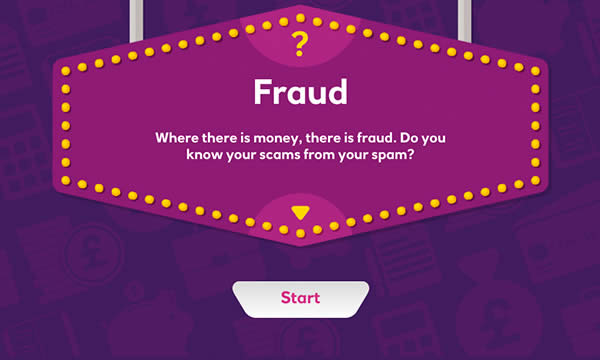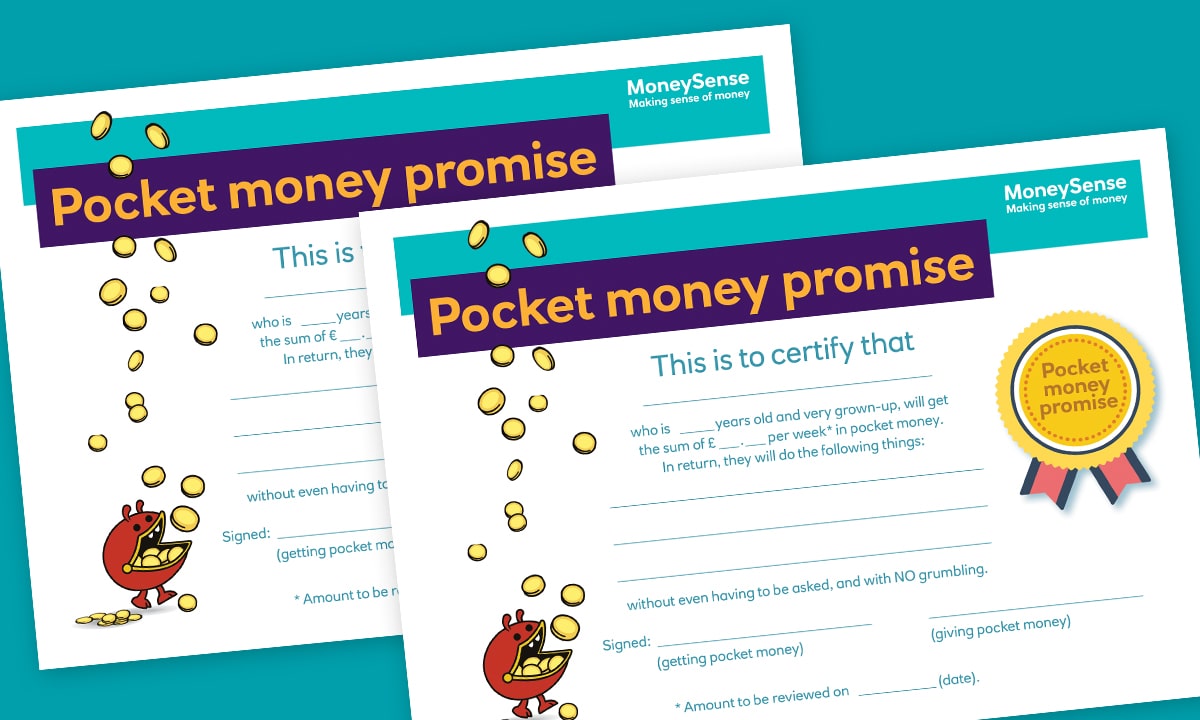How to protect your teen from online scams
Young people are increasingly the targets of online fraud such as scams and identity theft. Learn how to spot scams and avoid them, as well as the emotional and financial consequences.

The modern face of fraud and online scams
The act of fraud, or tricking someone out of their money, has been around for centuries. Today, the internet offers endless opportunities for fraudsters, and young people are progressively being targeted. Our teens are always online – according to Ofcom’s 2023 Children and parents: media use and attitudes report, 97% of 12-15-year-olds have a mobile phone and 89% have their own social media profile – and their trusting nature can leave them open to risk.
The report also showed that the level of confidence with which 12-17-year-olds believed they could identify fake profiles did not match up with reality. When shown a fake social media profile, 23% of children weren’t able to correctly identify it as fake, though they claimed to be able to.
To help your teen be a savvy online surfer, you could start by equipping yourself with key information and terminology.
What are the common types of frauds and scams?
Every day, we interact with the online mediums that scammers use. Email, SMS, links, social media, and apps are just some of the platforms that scammers use – and their methods are becoming increasingly sophisticated. To help you recognise potential scams, let’s look at some of the common types.
Phishing, smishing and vishing
You may have heard of ‘phishing’, where scammers send emails that are designed to look like official correspondence from organisations such as your bank or HMRC. They want to trick you into sharing personal details by clicking on links asking you to log into fake sites so they can steal your passwords and information. ‘Smishing’ is the text message equivalent of phishing, and ‘vishing’ is where you get a phone call or automated voice call from a scammer. You might get a message claiming you’ve got a parcel or a request asking to authorise a payment you know nothing about. Before you click on any link or give away any personal information, ask yourself “could this be a scam?”.
Fake news
Scammers use fake news to ‘bait’ people into clicking through to a website, where they will earn revenue via click throughs. However, some fake news may lead to a site with a computer virus to steal personal information. ‘Deepfake’ technology – which uses AI to replicate people’s likeness – means that scammers can now create convincing fake news bait with people you recognise, such as newsreaders or politicians.
Malware & spyware
Malware – a type of software intended to exploit or damage devices – is commonly transmitted onto your computer via gaming and streaming sites. It’s designed to cause harm to your computer by spreading viruses which slow it down and trigger errors. Spyware is a specific type of malware that spies on your online activity with the sole aim of acquiring personal information such as usernames and passwords.
Social media mining
Fraudsters harvest personal information posted publicly on sites like Instagram and Facebook. Social media posts advertising prize draws may also request bank details or proof of identity in order to claim the ‘prize’. These fraudulent prize draws can also arrive via email, text and through the post.
Money mule schemes
This form of online fraud is increasing at an alarming rate, especially amongst the young, with one in five cases now involving under 21s, according to Cifas data. A ‘money mule’ is someone who allows money to be transferred into their account temporarily, on the promise that they can keep some for themselves. The ‘mules’ are often totally unaware that by doing this they are committing the crime of money laundering, and that the money could be the proceeds of criminal activities such as human trafficking. Download our Money mules fact sheet and share the information with your child.
How to help your family stay safe online
It’s worth telling your child that if an offer sounds too good to be true, it probably is – there is no such thing as free, quick or easy money. As your kids move towards making online purchases, it’s a great idea to make time for a chat about online scams. These tips can help them (and you!) avoid fraud online.
Only shop via websites of well-known and trusted retailers – and scan for misspelled names in the address bar.
Always check out a website’s rating and reviews to see if they have a good reputation for sending goods and for returns – you might find out that other people have already been scammed.
Have spending notifications set up on your banking app, and alert your bank straightaway if you notice any transactions that you didn’t make. If you lose your card, contact your bank immediately.
Always be suspicious if you are contacted unexpectedly by a company or person that you have never heard of, especially if the company lacks clear contact details (e.g. only includes a mobile number or a PO box address) and if they insist that you need to make a quick decision.
When selling online, never send goods until you receive full payment. It’s recommended to use online payment systems like PayPal, which protect both the seller and buyer against fraud.
Never send money, give your personal details or call a number if you don’t recognise the sender. You can’t win a lottery or a draw you haven’t entered!
Choose companies whose payment pages have security encryption. Look out for a padlock in the address bar and check that the address starts with https:// (instead of http://).
Don’t use your phone to shop online in public places where someone could see you input your personal details.
Use strong passwords that contain a combination of numbers, letters and special symbols.
Don’t share personal information such as birthdays or parents’ names – authentic online stores don’t need these details and won’t ask for them.
Useful websites for online fraud help
If you are a victim of fraud or suspect fraudulent behaviour, these organisations are there to help:
- Take Five is UK government-backed campaign offering simple advice to help you protect yourself from preventable financial fraud.
- Don’t be Fooled is a partnership between UK Finance and Cifas. It aims to inform students and young people about the risks of giving out their bank details, and deter them from becoming money mules.
- Action Fraud - Action Fraud is the UK’s national reporting centre for fraud and cybercrime where you should report fraud if you have been scammed, defrauded or experienced cyber-crime in England, Wales and Northern Ireland.
Related activities
Want your child to find out more for themselves? Here are some activities to share with them.

 Interactive activity:
Interactive activity: 
 Video:
Video: 
 Poster:
Poster: 



